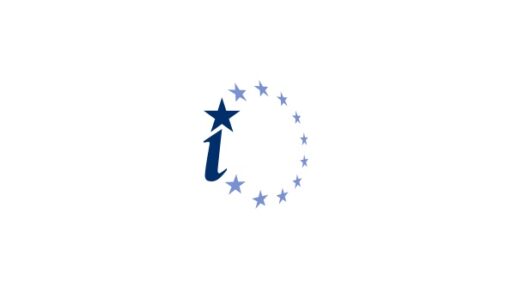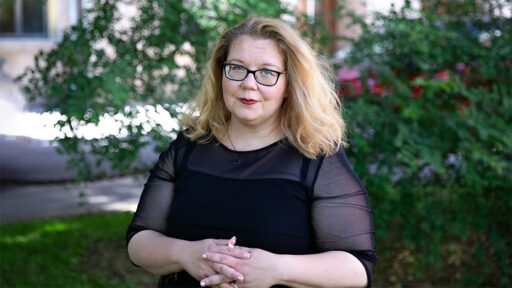EU Foreign Ministers to meet Ashton and discuss the Middle East
Press release 313/2009
4 December 2009
The Foreign Affairs Council of the EU will meet in Brussels on 8 December. The main topic on the agenda is the situation in the Middle East. On Monday, 7 December the Foreign Ministers will have a dinner meeting with Catherine Ashton, High Representative of the Union for Foreign Affairs and Security Policy. Foreign Minister Alexander Stubb will represent Finland at the meeting. After the Council meeting, Stubb will also attend the first Ministerial Meeting of the EU Eastern Partnership.
The Middle East peace process is on the Council’s agenda. The Foreign Ministers will discuss EU support for American efforts towards peace and the EU’s own role in the peace process. The difficult situation in East Jerusalem is also likely to be brought up. Finland considers that the EU should support Prime Minister Fayyad of the Palestinian National Authority in his efforts to build State structures and should remain firm with regard to Israel’s settlement policy. The Council is also expected to endorse conclusions on the subject.
The Foreign Ministers will also discuss the situation in Iran. In particular, the controversy over Iran’s nuclear programme will be raised, since Iran does not appear to be seriously committed to seeking a solution through negotiation. If negotiation does not lead to solution of the controversy over the nuclear programme, the tightening of sanctions against Iran will become topical. In such a situation, the primary solution in Finland’s view would be sanctions imposed by the UN Security Council. The European Council is expected to evaluate the situation in Iran. The Council will also endorse conclusions pertaining to Iraq.
The Ministers will discuss the Western Balkans, especially opening of the political deadlock in Bosnia and Herzegovina. Finland supports a solution that would enable closing of the OHR office as well as Bosnia and Herzegovina’s rapprochement with the EU. Conversion of the EUFOR Bosnia Althea operation to a training and support mission will also be brought up.
Arctic cooperation will also be on the agenda of the Foreign Affairs Council, and the Council is expected to endorse conclusions. Finland considers it important that an Arctic policy be created for the EU. In addition, the Council will endorse conclusions on the Horn of Africa, the South Caucasus, security work linked with climate change, the EU outlines to promote an international humanitarian law, human rights and democracy in third countries, relations between the EU and Latin America as well conclusions on the global role of the EU.
This will be the first meeting of the Foreign Affairs Council in its new form. With the Lisbon Treaty, the General Affairs and External Relations Council of the EU has been divided into two different configurations; the General Affairs Council and the Foreign Affairs Council presided over by the High Representative of the Union for Foreign Affairs and Security Policy. Foreign Minister Stubb will also attend the General Affairs Council meeting on 7 December, because enlargement of the European Union will be on the agenda then.
Additional information: Leena-Kaisa Mikkola, Head of the Unit for European Common Foreign and Security Policy at the Ministry for Foreign Affairs, tel. +358 9 1605 5026 or mobile tel. +358 40 753 4364, and Päivi Pohjanheimo, Adviser to the Minister for Foreign Affairs, tel. +358 9 1605 5332 or mobile tel. +358 40 511 3786


